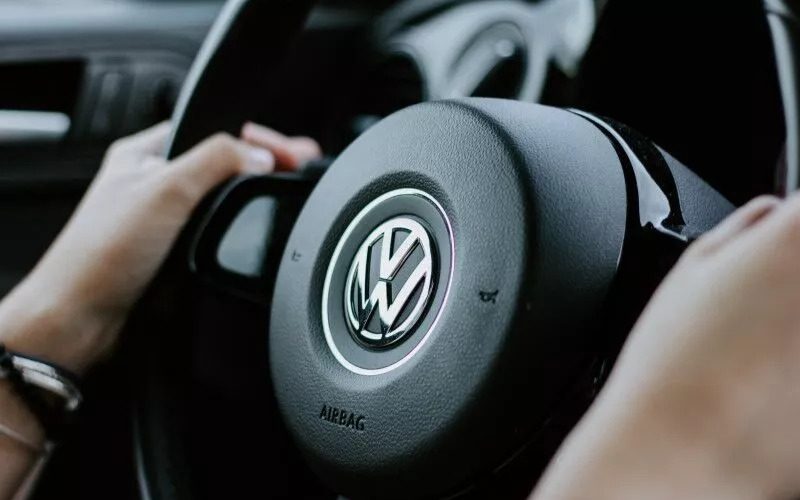The damage caused by faulty Takata air bag inflators has faded from the headlines and public attention, but millions of cars with the dangerous components still may be on the roads, leading to injuries and legal claims.
Takata, a Japanese airbag manufacturer, filed for bankruptcy in the face of a global recall and lawsuits. The inflators, especially in hot and humid circumstances, can deploy with too much force due to contamination and degradation, rupturing the metal canister and sending shrapnel through the car.
“You’ve got a lifesaving device that turns into a weapon,” said Frank Melton of Newsome Melton.
Although Honda first became closely associated with the recall, the airbag inflators also were used by Nissan, Ford, Chrysler and more than a dozen other manufacturers. About 63 million airbags were recalled, according to the National Highway Traffic Safety Administration (NHTSA).
“It’s the largest recall in automotive history,” said Melton, whose firm is one of the nation’s leaders in representing plaintiffs in Takata cases.
Melton represented one of the first plaintiffs, Floridian Corey Burdick. A minor accident led to Burdick’s airbag deploying and sending shrapnel into the occupant compartment that blinded him in his right eye.
In other cases, the exploding airbags caused hearing loss, severe lacerations and even caught fire causing third-degree burns. Sixteen people have been killed in the U.S. and 250 injured in crashes involving the airbags, according to NHTSA.
These injuries did not have to happen, Melton said.
They knew there was a problem but didn’t quickly tell car owners and buyers or even stop using the airbags. “They would settle them [cases] quickly and bury them,” Melton said. “They could have prevented this from being so widespread if they had let people know and done a better job monitoring their component parts manufacturers. It’s clearly profits over people.”
In 2017 Takata filed for bankruptcy. Honda and Nissan injury cases, along with those against Takata, now are handled by a bankruptcy court administrator. Victims injured in Hondas and Nissans must now use the bankruptcy process to have their claims heard and lose the chance to be awarded punitive damages. But the two carmakers lose the right to contest their liability, though they can argue about the amount of the award, if the case ultimately goes to trial.
About 15.9 million of the faulty airbags still are in use, according to an independent monitor of the recall. Melton said it will take until 2035 to get all the airbags off the road or repaired. Automakers did not do a good job publicizing the recall, particularly in the early stages– often sending notices that looked like junk mail.
The focus now has turned to other carmakers. Some victims injured by the airbags have tapped into a $125 million settlement fund set up by the Bankruptcy Court. But, Melton said, while that may seem like a lot of money at first blush, with so many cars and years of potential claims and victims coming, the administrators can only pay out of fraction of the full value of what the claim might be worth in court during a jury trial
Only Honda and Nissan opted to participate in the bankruptcy claims process. Other carmakers who didn’t opt in and participate in the bankruptcy claims process, can still be sued in state or federal by victims of ruptured Takata inflators.
Sadly, more injuries and deaths are likely.
While most of the early claims were for model years 2000-2004, Melton said later model cars now are experiencing the problems. Car owners should check if their airbags have been recalled, even if they haven’t gotten an official notice.
“It’s far from over. These incidents are still continuing to happen across the country,” Melton said.
If you have questions about this topic or need assistance filing a Takata airbag claim, Newsome Melton can help. Contact us at 1-888-380-2809.


